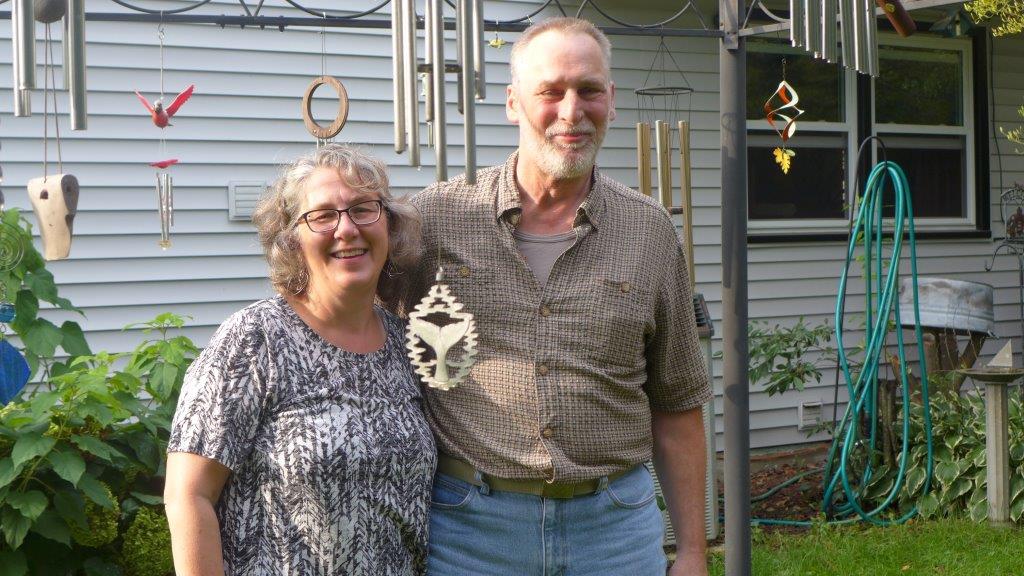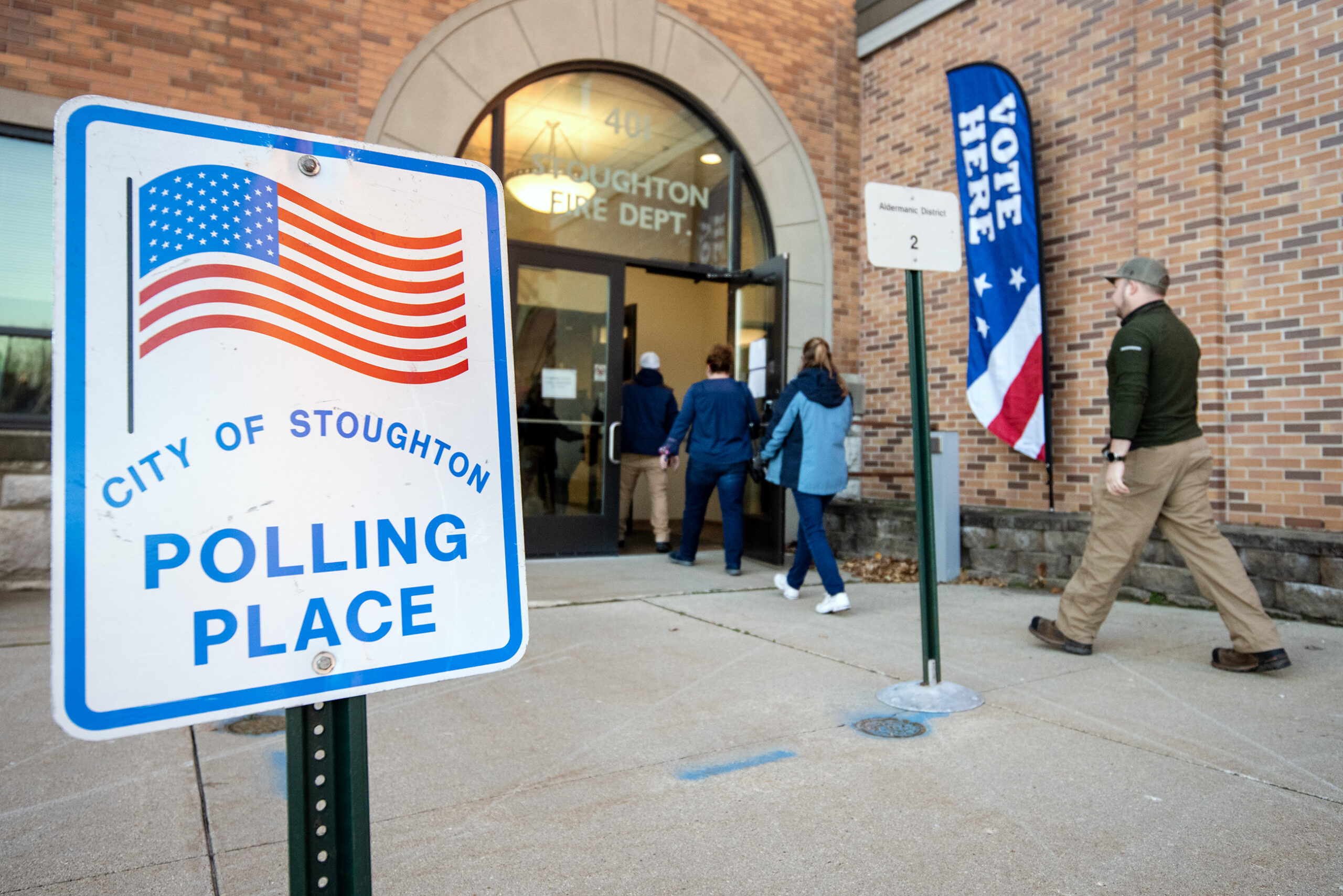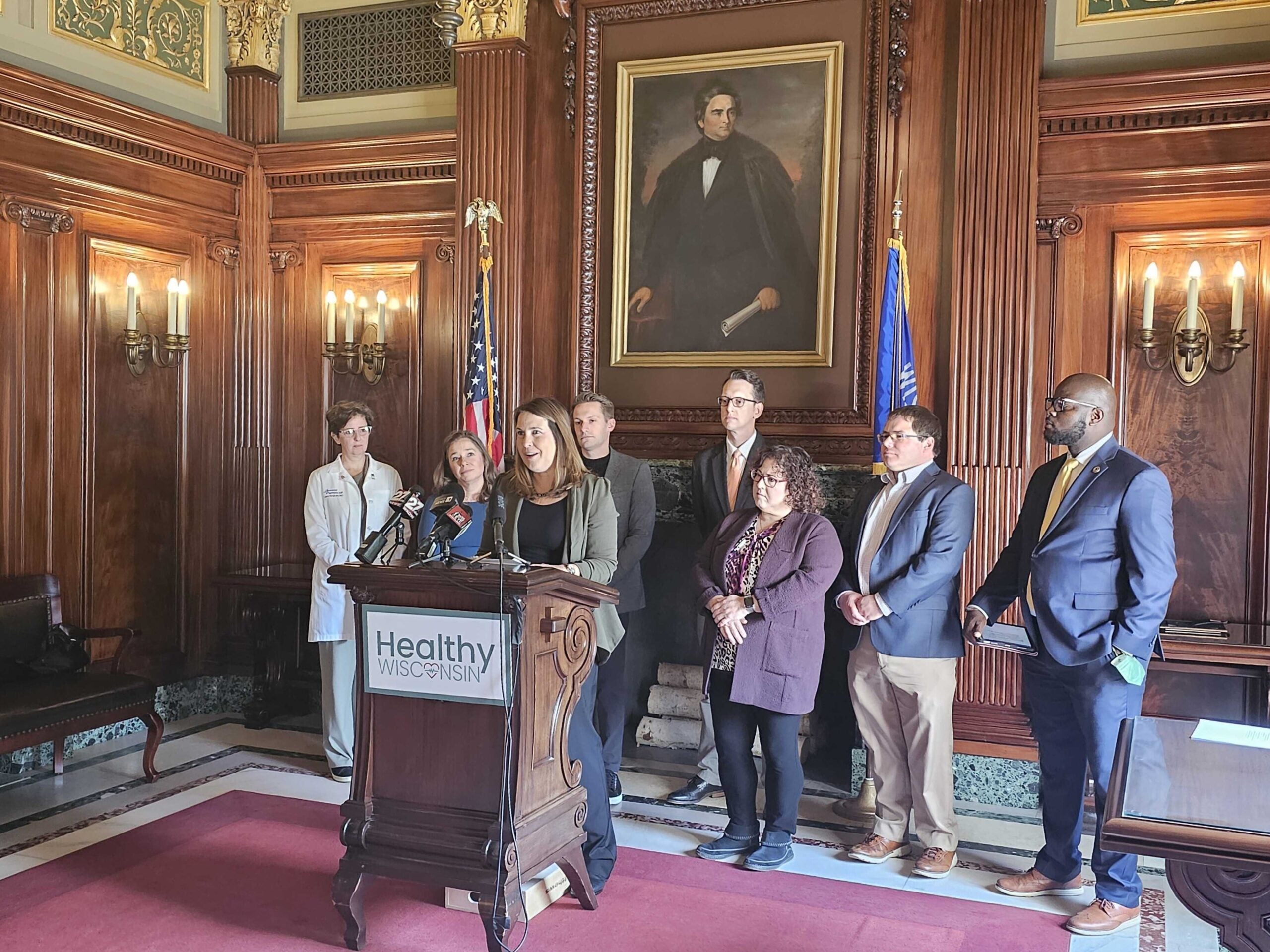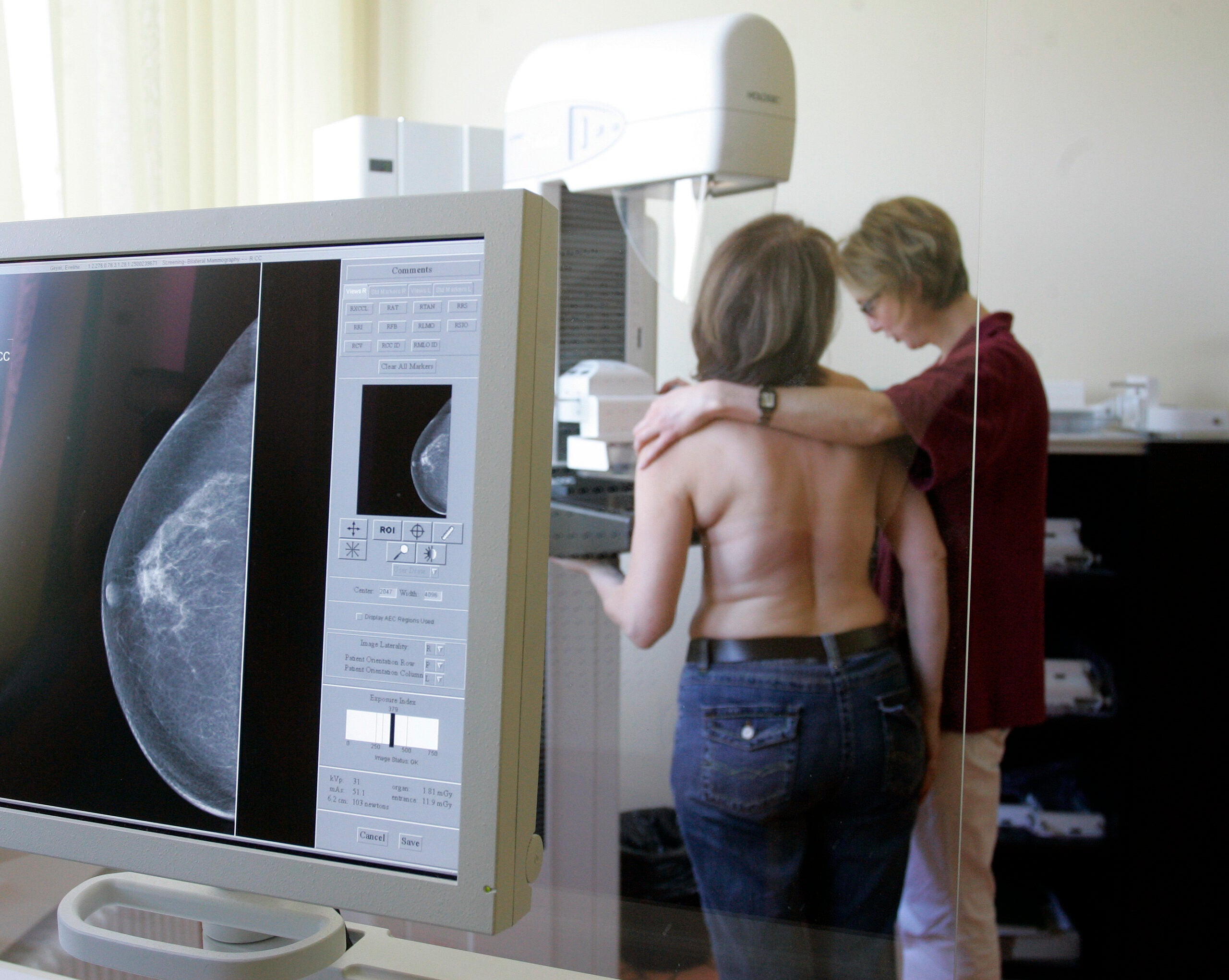In one of the nation’s most closely watched U.S. Senate races, voters have heard Wisconsin’s Republican Ron Johnson and Democrat Russ Feingold go back and forth on the prescription drug scandal at the Tomah Veterans Affairs Medical Center. The campaigns and super PACs that back them have also run ads on free trade, terrorism and Social Security.
But neither candidate is talking much about high out-of-pocket costs for health care. And some voters want to know why not.
“I think it is a huge issue. I think it should be talked about more because it is the major reason for bankruptcy,” said Patti Kraemer, 54, who lives in Madison with her husband Harold “Butch” Hanson, 57.
Stay informed on the latest news
Sign up for WPR’s email newsletter.
Hanson had surgery for a brain tumor and suffers from back problems. Kraemer has multiple sclerosis. Their health bills are high but both work and that’s how they get their insurance. At one point, when Kraemer worked for a nonprofit, they had to pay a $3,000 deductible before insurance kicked in.
There were also additional costs each time Hanson went to the doctor, which was a lot.
“And there’s the co-pays: $10, $20, $50 at a pop. Every time I go in to see somebody and that adds up!” he said.
When it comes to rising costs, Feingold defends the Affordable Care Act. The former senator, who voted for the legislation, says premiums for insurance provided by one’s employer have been rising slower than before the ACA. That’s due in large part to more Americans having insurance.
Speaking after a campaign stop at a Madison coffee shop, Feingold said those without coverage often receive costly care in the emergency room, which is then passed on to paying customers.
“So, the fact that that sort of charity care is reduced is one of the reasons that the expected increase in costs is less than it has been,” he said.
Feingold’s point is backed by the Kaiser Family Foundation, which says premiums grew a modest 3 percent in 2016. But the organization also found out-of-pocket expenses rose substantially. Deductibles for employer-sponsored insurance rose 12 percent.
Johnson said deductibles are common in other areas of the economy and health care should be no different.
“Very few people for example have zero-deductible auto insurance or home insurance,” he said. “You always carry deductibles and you take care of a lot of minor repairs out-of-pocket and that brings discipline to the free market.”
Johnson argues the answer to high health costs is more competition. He supports insurance being sold across state lines, and health savings accounts, a system that Patti Kraemer and Butch Hanson are familiar with. Kraemer used one in the past; she socked away money, tax-free for medical costs.
“It’s a great tool if you’re in the right situation,” she said. “But most people, as you know, these days are living check to check. There’s no option to put money aside.”
Health and money matters weigh heavily on Hanson.
“Honestly, I almost feel like I can’t afford to die because I have responsibilities and bills and I can’t afford to retire,” he said.
The couple can’t retire just yet. But they try to relax and reflect in a backyard surrounded by plenty of plants with Patti’s favorite wind chimes.
“Listen to the wind and know tomorrow is another day,” she said.
For voters like Kraemer and Hanson, each day brings reminders of the issue of rising health costs. They won’t forget about them,even if the candidates seemingly will.
Wisconsin Public Radio, © Copyright 2024, Board of Regents of the University of Wisconsin System and Wisconsin Educational Communications Board.





